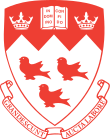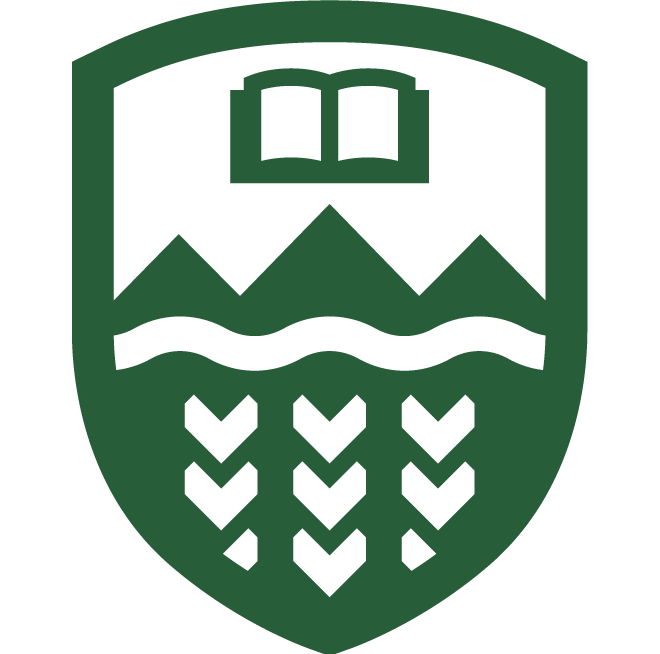There are different admission requirements at each Canadian university. Contact each university directly to learn more about their program requirements. Generally, you'll need a high school diploma or equivalent, proof of English or French language proficiency, and academic transcripts.
- info@spriseoverseas.com
- 1st Floor, Hana Tower, Surabhi Nagar, Kakkanad, Kerala
- +91 7356556215 | +91 7356226213
Canada
Study Abroad in Canada
In Canada, studying may be a rewarding experience. The Nation is renowned for its excellent educational system, rich cultural diversity, breathtaking natural scenery, and friendly environment for International students. If you want to learn in Canada and take advantage of its educational opportunities, our study abroad consultants can tell you how to work and study there. It would be beneficial if you only search Canada for an excellent education. Studying in Canada has several benefits, such as top-notch educational institutions, a diverse population, and good living standards.

Why study in the Canada?
Studying in Canada offers numerous advantages that make it an attractive destination for International students. Here are some reasons why you should consider studying in Canada:
- High-quality Education: Academic excellence and strict standards are well-known attributes of Canadian universities and colleges. Many of the world's most prestigious universities continuously rank among the best, providing top-notch instruction in a variety of subject areas.
- Work Opportunities: International students studying in Canada are normally permitted to work full-time during designated breaks and part-time during their studies. Students can use this to help pay for living expenses in addition to gaining useful work experience.
- Work Opportunities: International students studying in Canada are normally permitted to work full-time during designated breaks and part-time during their studies. Students can use this to help pay for living expenses in addition to gaining useful work experience.
- High Standard of Living: With first-rate social services, infrastructure, and healthcare, Canada has a high standard of living. Its cities continuously rank among the most liveable in the world, providing both locals and students with an excellent standard of living.
- Scholarships & Financial Assistance: To assist International students in covering the cost of their education, Canadian universities, and the government-run several financial aid, grant, and scholarship programs.
Fast Facts About Canada
Number of Universities in the Canada
100+
Number of International Students in the Canada
679,970+
Cost of Studying in the Canada (Per Year)
CAD 7000 - CAD 35,000
Cost of Living in the Canada (Per Year)
CAD 1,818-CAD 2,323
Part-Time Work Opportunities
20 Hours/Week
Canada Currency
Canadian Dollar
Popular Programs
Students can choose from a wide variety of programs and courses in Canada, as it is home to the world's top universities. This allows students to pursue a wide variety of study fields and research streams. The following are some of the most popular courses:
M.Phil
15 Course
Ph.D
1,295+ Course
B.E./B.Tech
15,000+ Course
L.L.B
29+ Course
MBA
40 Course
MBBS
10 Course
B.Sc
1165+ Course
B.A
700+ Course
Requirements for Admission to Canada
Each student must meet a list of admission requirements to enroll. Their enrolment process includes demonstrating several original documents and degrees. The list includes the following:
Bachelor's Degree Certificate
Master's Degree
Valid Passport
Updated CV
Qualifying scores in GMAT/GRE
English Proficiency Proof
SOP (Statement of Purpose)
LOR (If Required)
Job Opportunities in Canada for Students
There are many part-time opportunities available in Canada for students from different parts of the world. Students must follow some limitations when working part-time like any other job. Students who wish to continue their work must apply for specific visas as required by the job.
Opportunities for part-time job
- The maximum working time is 20 hours per week.
- Students can gain CAD 23.50 per hour, which is CAD 43,826 annually.
The post-study work visa
- The Post-Graduation Work Permit is available for students.
- Students can apply for a one-time new open work permit if their PGWP expires.
Courses Description
More than 160 universities in Canada offer more than 65,000 courses and degrees.
Studying in Canada is a great opportunity for students who want to be part of the evolved academic world and have a successful career ahead. Students have an endless choice of courses and degrees at universities in Canada.
Students can customize their courses with the flexible curriculum provided by the Canadian Education System. Studying abroad in Canada has become a popular choice for international students from all over the world because of this factor.
There are many courses or degrees available to international students in Canada, including Business, Law, Psychology, Engineering and Technology, Medicine, Sports Science, Computer Science, Media and Communication, etc. Here is a list of details you can refer to.
Degrees Offered in Canada
The country is well known for its outstanding academic standards, high-class infrastructure, and welcoming atmosphere. Numerous opportunities are available to students in Canada in the form of well-built universities. The following are some of the most popular degrees in Canada.
Bachelor's Degree
A high school diploma is required for Canadian students to complete graduation. It is necessary that students receive a minimum of 50% from a college recognized by the UGC or the AICTE. According to the type of course chosen, these degrees usually last between three and five years. A student can pursue a BBA, BSc, B.Eng, B.Com, etc.
Graduate Diploma
A graduate diploma in Canada is nothing more than a postgraduate diploma. This course is generally taken by students who want to learn and gain work experience. The course lasts for approximately one to two years. Upon completion of this course, students are eligible for a work permit valid for 8 months to 3 years.
Co-op Bachelor's Degree
Basically, it's a mix of a graduate degree and professional experience. Students in Canada have the option to enroll in courses that require some work experience. Consequently, students must spend half a month at the university studying and half gaining work experience. As a result, students are able to gain hands-on experience at an early age.
Masters/Doctoral Degree
Many universities in Canada offer master's degree programs. Those who have completed an honors baccalaureate can pursue this degree. Two years are required to complete a Master's degree. Students who are interested in pursuing a doctorate or Ph.D. must have completed their master's degree.
Course in Canada
| Program Name | No. of Courses | Duration | Fees |
|---|---|---|---|
| M.Phil | 15 | 2 Y | 5 L - 43 |
| Ph.D | 1,295 | 4 - 6 Y | 4.29 L - 9.28 L |
| B.E./B.Tech | 15,000 | 3 - 4 Y | 25 L - 43 L |
| L.L.B | 29 | 3 Y | 8 L - 16 L |
| MBA | 40 | 2 Y | 10 L - 50 L |
| MBBS | 10 | 3 - 4 Y | 16.04 L - 61.72 L |
| B.Sc | 1165 | 3 - 4 Y | 17 L - 42 L |
| B.A | 700 | 3 - 4Y | 9 L - 36 L |
Free Consultation
You can receive personalized guidance on choosing the right programs, preparing applications, and understanding visa procedures from knowledgeable advisors. Ensure your academic dreams come true with support that helps you make informed choices. Step into your future with confidence by scheduling your free session today!

-
Free Consultation
Will do passively. -
Admission process
Will do passively. -
Coaching Classes
Conduct it yourself.
Popular Universities In Canada

University of Toronto
27 King's College Circle Toronto, Ontario M5S 1A1 Canada
Intake sessions January, May, September
No. of Courses 900
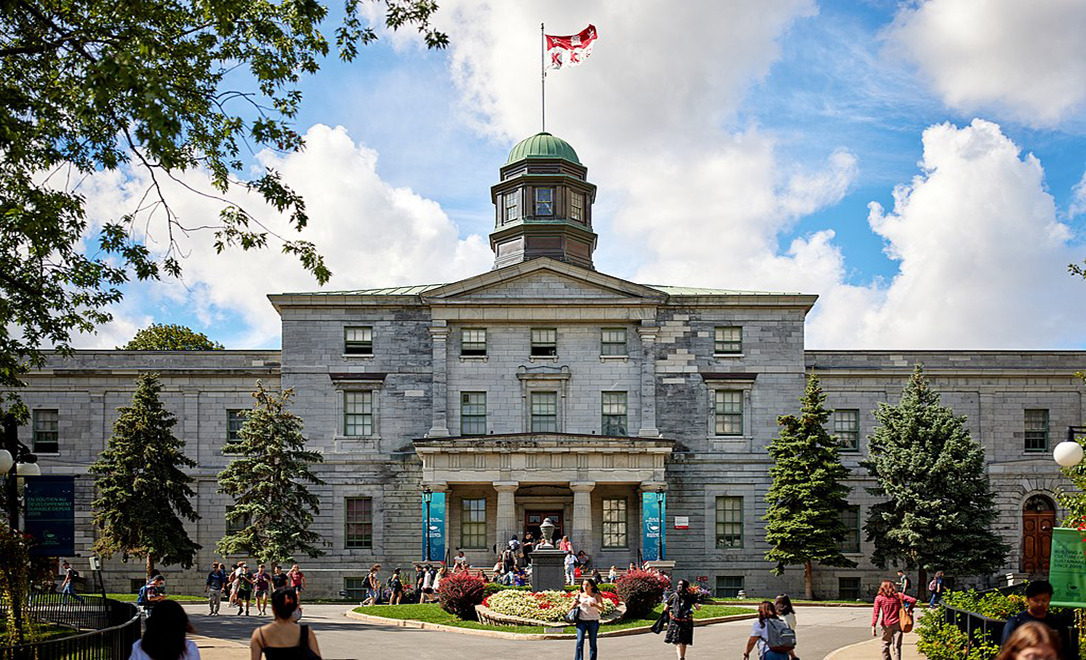
McGill University
845 Rue Sherbrooke O, Montréal, QC H3A 0G4, Canada
Intake sessions January, May, September
No. of Courses 700
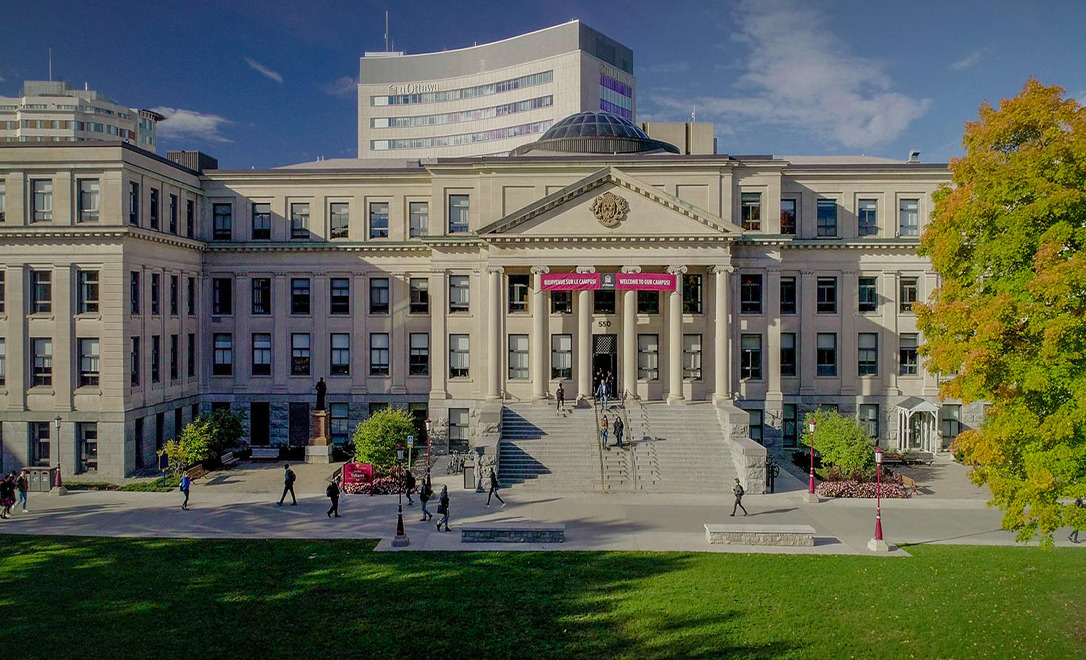
University of Ottawa
75 Laurier Ave E, Ottawa, ON K1N 6N5, Canada
Intake sessions January, June, August
No. of Courses 550
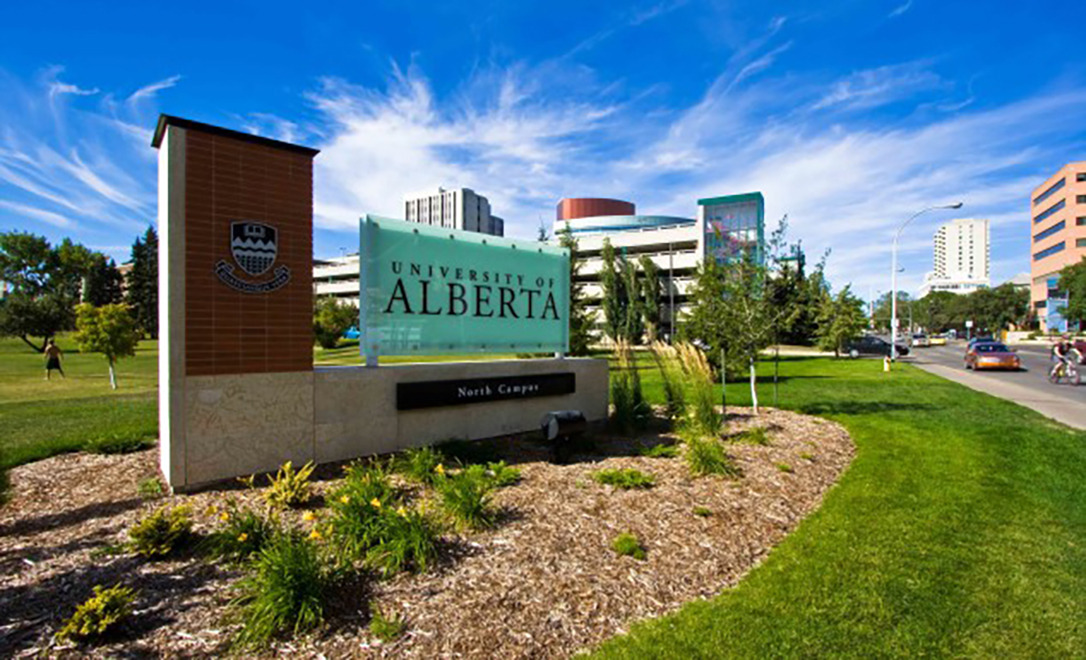
University of Alberta
116 St & 85 Ave, Edmonton, AB T6G 2R3, Canada
Intake sessions January, May, July, September
No. of Courses 400

University of Calgary
2500 University Dr NW, Calgary, AB T2N 1N4, Canada
Intake sessions January, May, September
No. of Courses 1200

University of Montreal
2900 Bd Édouard-Montpetit, Montréal, QC H3T 1J4, Canada
Intake sessions January, May, September
No. of Courses 19
Canadian Admission Intakes
Canada is among those countries that attract the most applicants from around the globe. There are three intakes, so students have multiple chances to apply if they miss a deadline.
Fall Intake
Students are able to apply for this intake beginning in September and closing in December. It's the perfect time for students to apply, as the college offers numerous scholarships and internship opportunities. Admission qualifications are usually the focus of most applicants.
Winter Intake
During this session, the month of January begins and the month of April ends. It gives them enough time to prepare for exams, interviews, and visa processing. Compared to the fall intake, there are fewer courses offered this semester.
Summer Intake
It begins in May and ends around August. Due to fewer students applying at this time, the admission chance is the highest. Additionally, universities often offer fewer programs in the fall or winter, so applying during these times will be more advantageous.
Visa Requirements
Students interested in expanding their careers in Canada must obtain a study permit, which has certain requirements. A visitor visa is required if students bring along a minor child without a permit but are allowed to study. The following are some basic requirements for obtaining a visa in Canada.
Valid Passport
Acceptance letter by DLI
Proof of Funds
Immigration Medical Examination
English Language Test
SOP (Statement of Purpose)
Passport Size Photographs
Police Certificate
Study Permit
Citizens must apply for a skilled-worker visa in order to obtain permanent residency in Canada. It is necessary for applicants to receive at least 6 points before applying. Here are some other requirements for a skilled-worker visa in Canada:
- 1 year of continuous work or 1,560 hours: Required
- Language Tests: Required
- Worked in at least TEER 0: Required
- Proof of Funds: Required
- Admissibility: Required
Visitor Visa
This is for citizens, including minor children and family members, who wish to travel to and live in Canada. You can use this visa for up to six months at a time. Citizens can stay less than six months, but officers will not allow them to stay longer. Some of the documents needed to be qualified for a visitor visa are:
- Valid Travel Insurance: Required
- Proof of Funds: Required
- Accommodation Proof: Required
- Passport Valid for 3-6 months: Required
- Medical Clearance Certificate: If required
Skilled-Worker Visa
The skilled worker visa is required for individuals seeking permanent residency in Canada. To be eligible for the program, applicants must receive a minimum of six points. Besides these requirements, skilled workers must also meet the following requirements:
- 1 year of continuous work or 1,560 hours: Required
- Language Tests: Required
- Worked in at least TEER 0: Required
- Proof of Funds: Required
- Admissibility: Required
Working Holiday Visa
There are several opportunities available under the IEC (International Experience Canada). This program allows you to travel and work in Canada for two years. Documents required for the working holiday visa include:
- Health Insurance: Required
- Proof of Residency: Required
- Medical Certificate: Required
- Proof of Funds: Required
- Valid Passport: Required
Do You Have Questions?
-
How do Canadian universities admit students?
-
Why Should You Make a Career in Canada?
There are several benefits to starting and expanding your career in Canada. Some of them are:
- Welcoming and various environment
- High standard of residency
- ROI for long-term
- Amazing stay
- Inexpensive course fees
- Work-life balance
- Ample job possibilities
-
Does studying in Canada require health insurance?
Yes. This is a mandatory requirement for all the students coming to Canada, no matter the course. You can easily be denied entry and study in Canada if you do not have health insurance that works there. You can apply it via third-party health insurance companies who can help and deliver you with an appropriate plan.
-
What is the best way to find a program and a university that fits my interests and goals?
We can help you find the right program and university in Canada, taking into account the field of study, the level of study, the location, and the language. You can also compare various programs and universities, and discover about scholarships, and costs on our website.
-
How can I apply for a study visa and what documents do I require?
You can apply for a study visa online or through a visa application center in your country. You will need to have a letter of approval from a designated learning institution in Canada, proof of financial support, a valid passport, and other supporting documents. You may also need to provide biometrics, a medical exam, and a police certificate.
-
Can I stay in Canada if my study permit expires?
There is a 90-day grace period for students in the country. This is provided so that students can choose if they want to leave, extend, or apply for another visa depending on their stay. Most of the students go for a PGWP (Post-Graduation Work Permit). According to their long-term goals, students with Canadian work experience can also apply for permanent residency.
-
What is the cost of studying in Canada, and what sources of funding are available?
The cost of living to be indicated for a year is 20635 CAD. You can find out the average tuition fees for other programs and provinces here. You can also look for scholarships, bursaries, loans, or grants from the Canadian government, your home country, or other institutions.
-
How can I find accommodation and transport in Canada?
There are diverse possibilities for housing and transport in Canada, depending on your choices, budget, and location. You can select to live on-campus, off-campus, or with a host family. You can also use public transit, bike, walk, or drive to get around. You can find more details about accommodation and transportation here.
-
Is there health insurance available in Canada for international students?
Health insurance is required for international students in Canada. You will be required to have either public or private health insurance, depending on the province or territory where you study. You can find out more about health insurance choices and costs in our blog.
-
How do Canadian universities set academic standards and expectations?
The academic expectations and standards of Canadian universities are high. The academic integrity policies require you to attend classes, complete assignments, participate in discussions, and write exams. The use of appropriate academic references and citations will also require you to adapt to different teaching and learning styles. You can find more information about academic expectations and standards on our blog.


